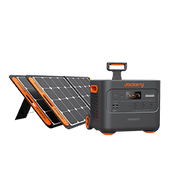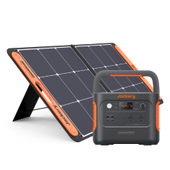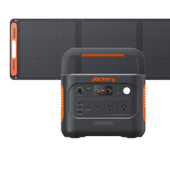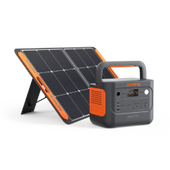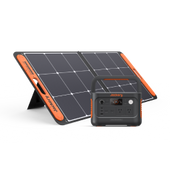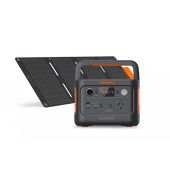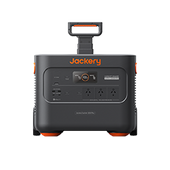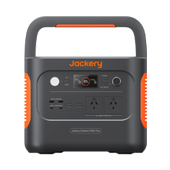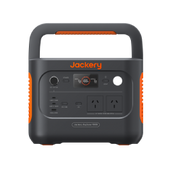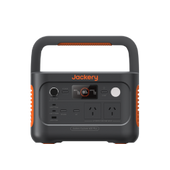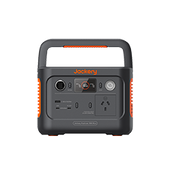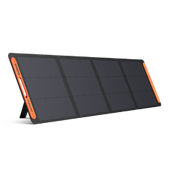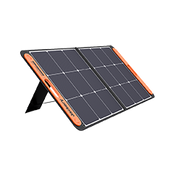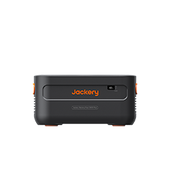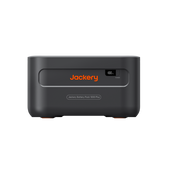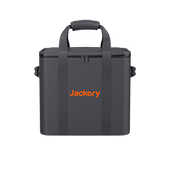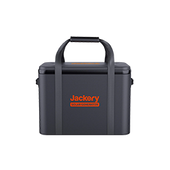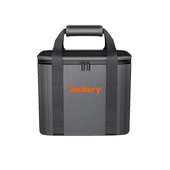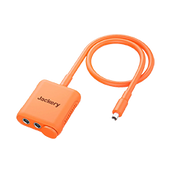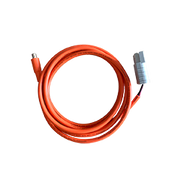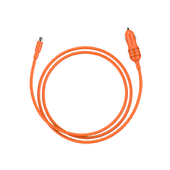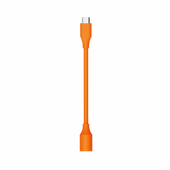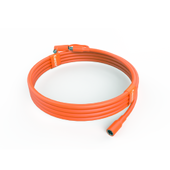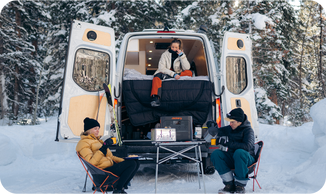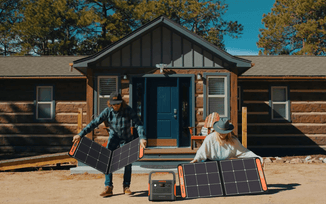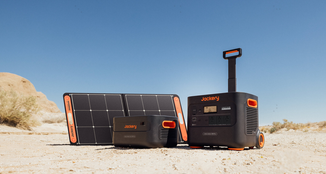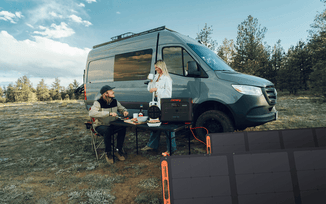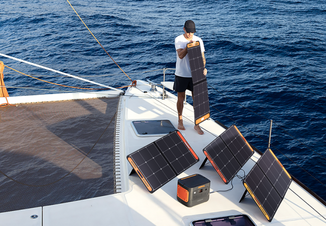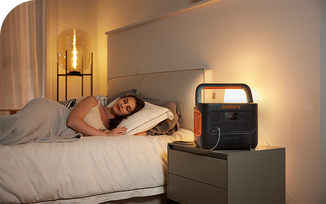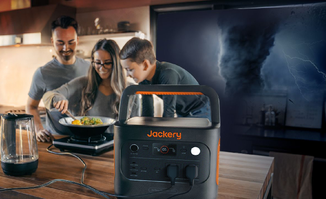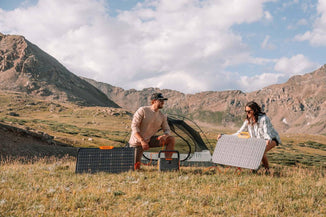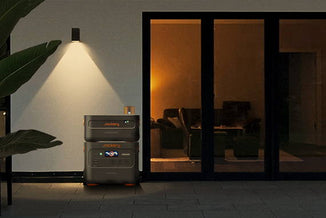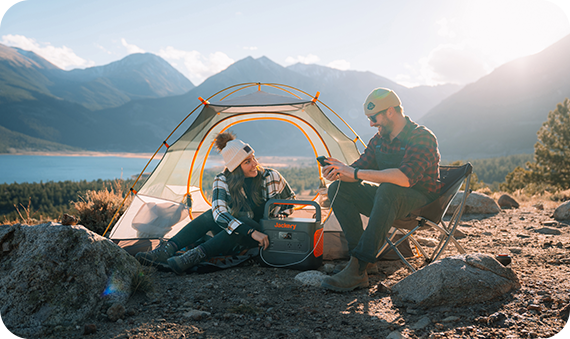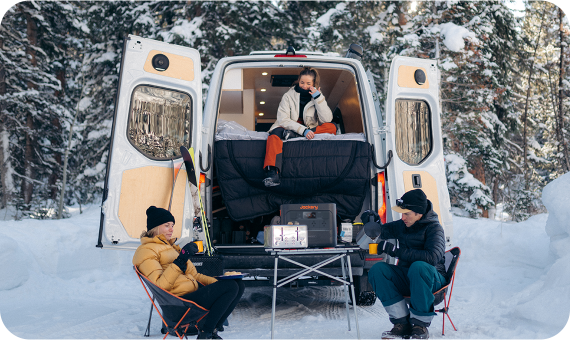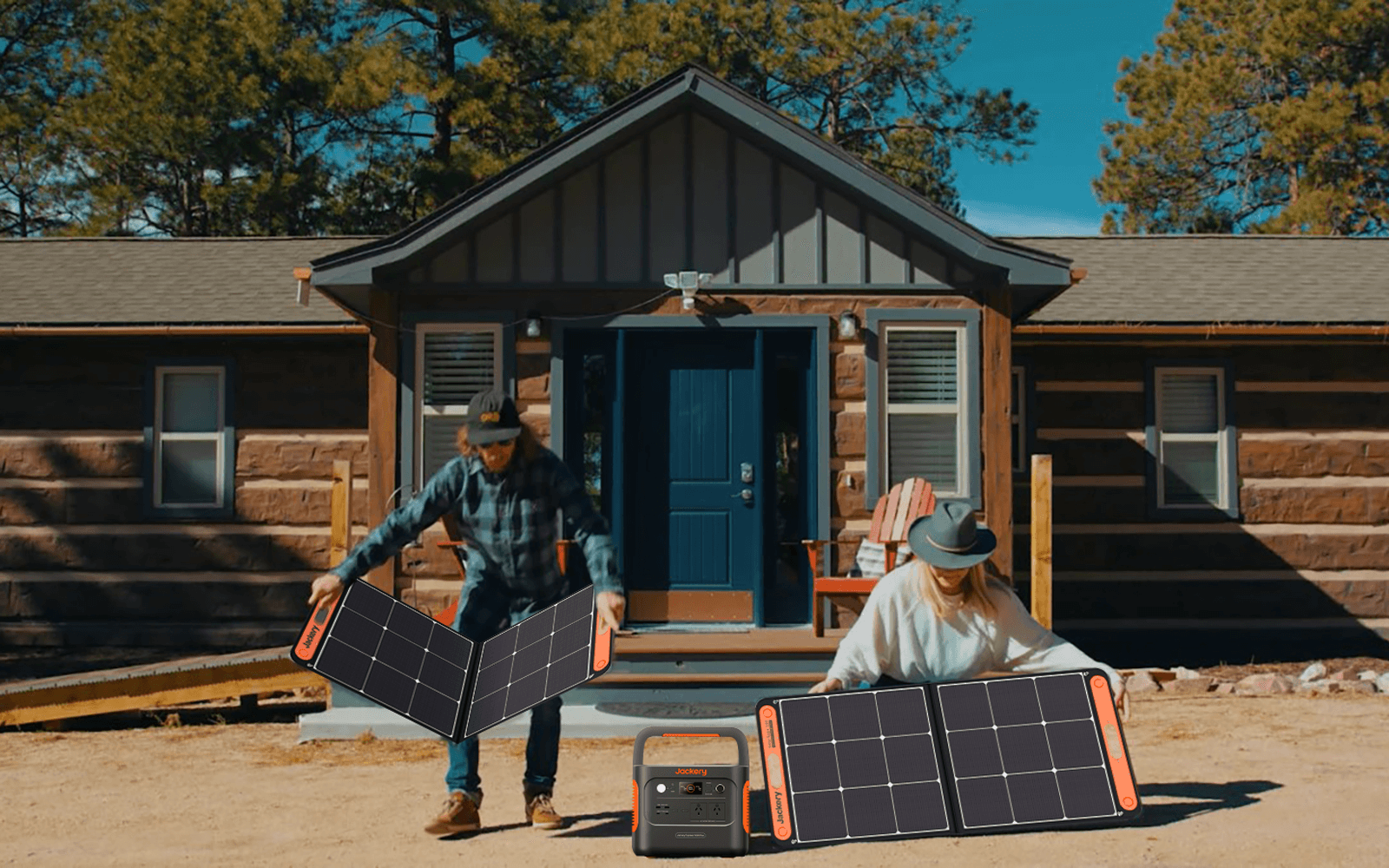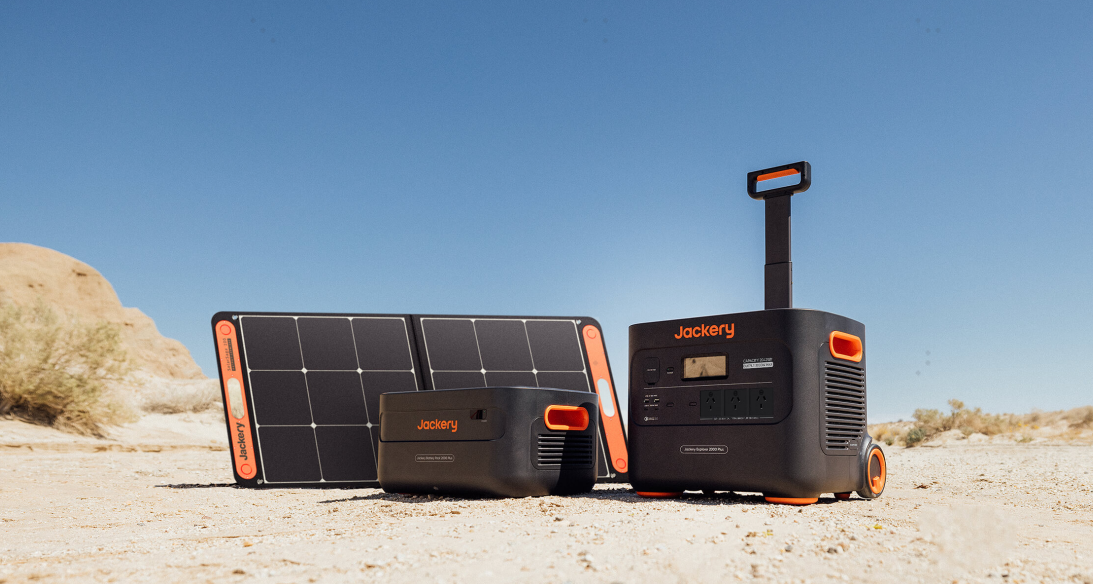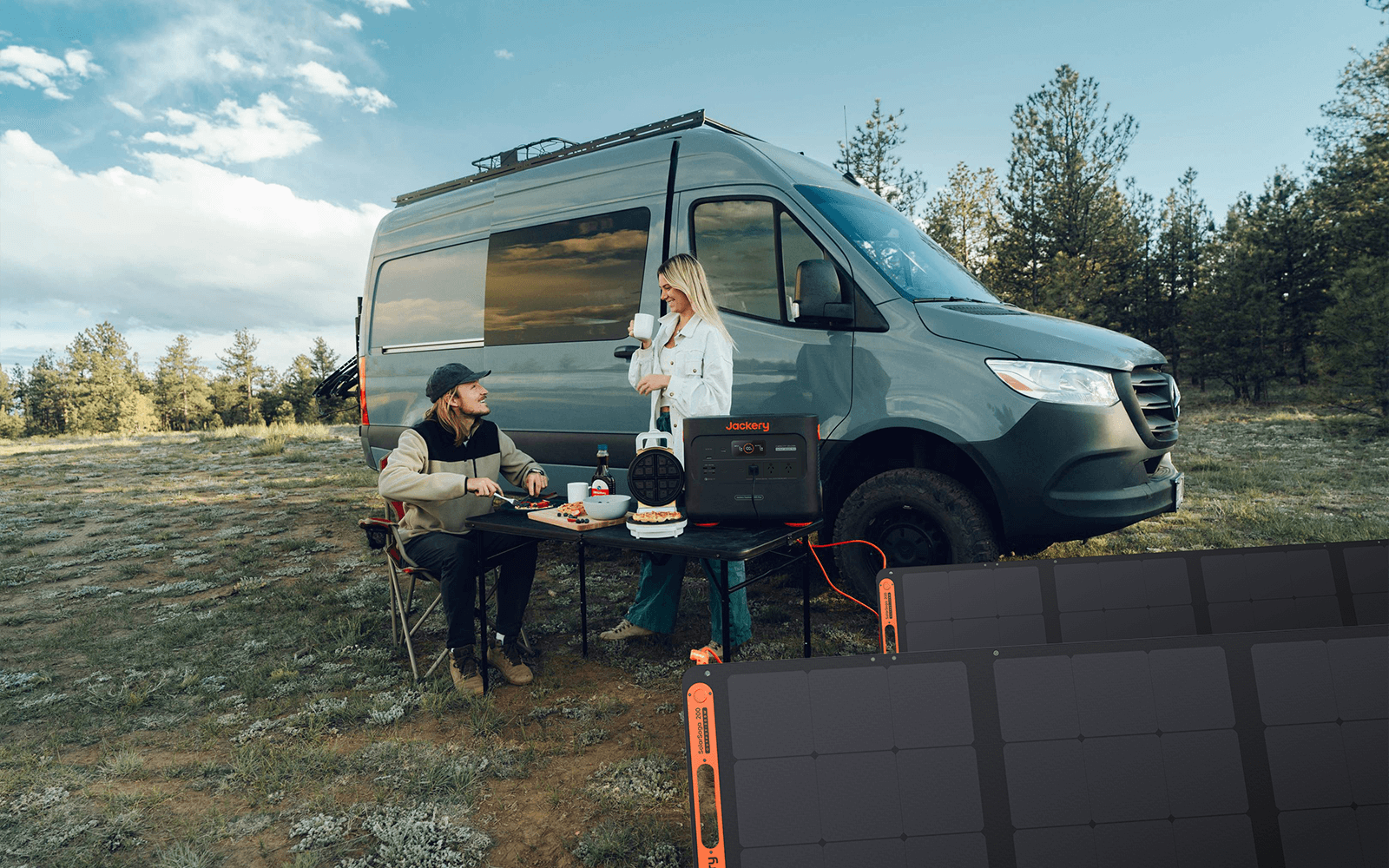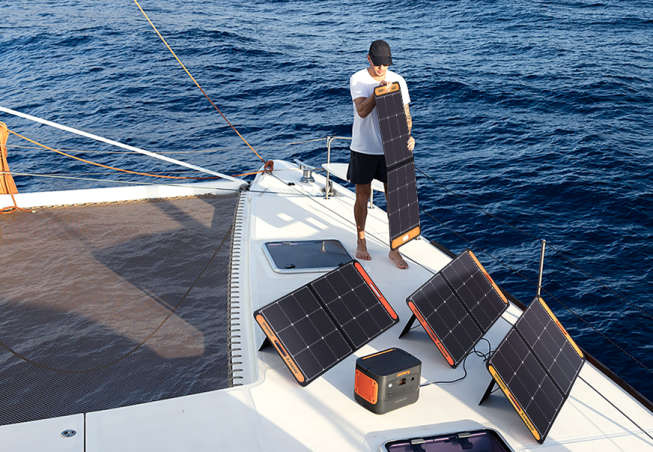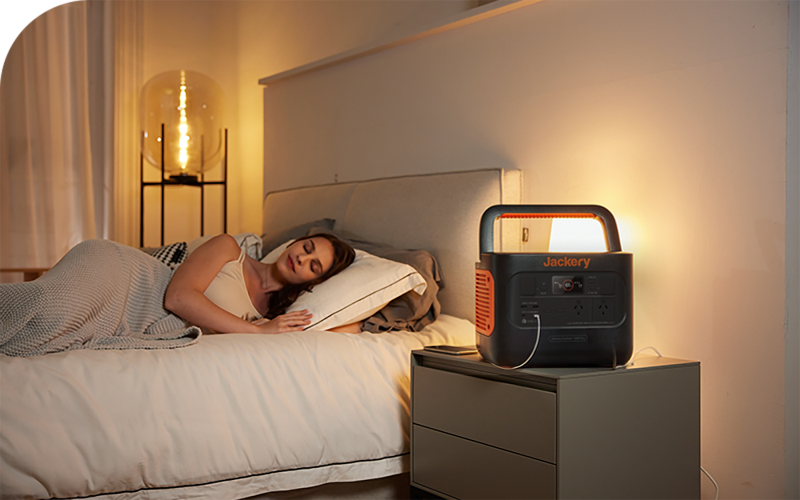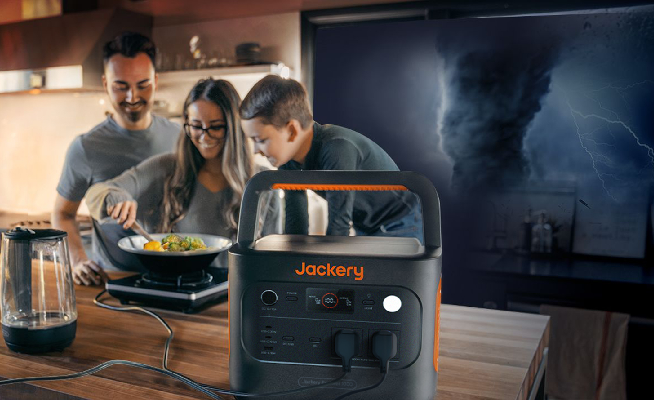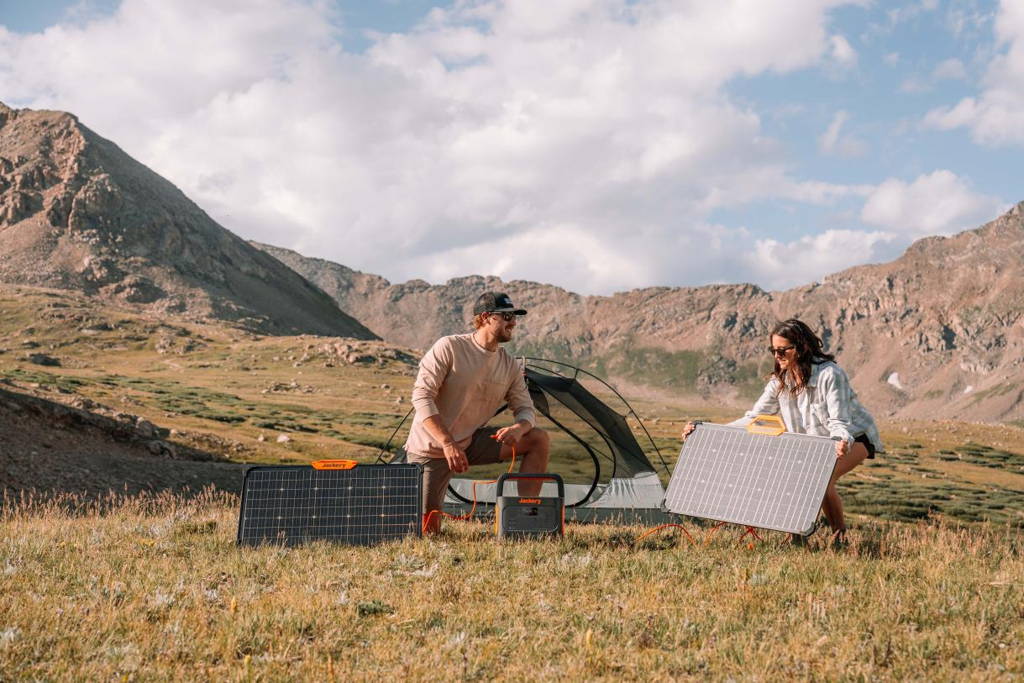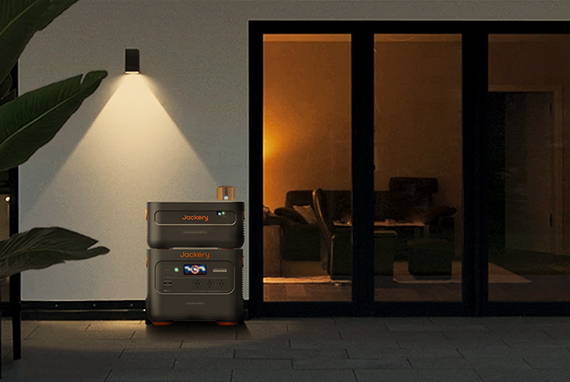The Best Tips for Spotless Solar Power Station and Small Solar Panels Cleaning
The Best Tips for Spotless Solar Power Station and Small Solar Panels Cleaning
Solar power is gaining traction across Australia, thanks to our abundant sunshine. Yet, maintaining the efficiency of solar systems is a concern, especially concerning cleanliness. For example, dust and bird droppings can significantly hinder energy production. This issue is amplified by small solar panels, which have become increasingly popular for households and small businesses in Australia.
One product that addresses these issues effectively is the Jackery Solar Generator 2000 Pro. Engineered for both durability and easy cleaning, it's a good choice for everyone who is interested in investing in solar energy, from homeowners in Perth to small business owners in Brisbane. Its portable and user-friendly design makes maintenance a breeze, ensuring you get maximum efficiency out of your renewable energy investment.
Whether you live in rural Queensland or the heart of Sydney, a well-maintained solar panel system will serve you well, delivering better efficiency and longer-lasting performance. Keep your panels clean, and your investment in renewable energy will undoubtedly pay off.
Common Obstacles in Power Stations and Small Solar Panel Cleaning
Maintaining a clean solar panel setup isn't as simple as it might seem. Several obstacles can make this task more challenging, especially when dealing with small solar panels where every bit of surface area counts. Here are some of the most common impediments to achieving a spotless solar power station and small solar panel installation:
1. Bird Droppings
2. Dust and Pollen
Especially problematic in certain seasons or geographical areas, dust and pollen can form a thin layer over the surface of your panels. This layer can significantly reduce light absorption. This can be a recurring issue for solar panels for small business locations near agricultural areas or open fields.
3. Debris and Fallen Leaves
If your solar panels are located near trees or other foliage, you may find debris and fallen leaves covering the surface. These block sunlight and can trap moisture, creating a potential breeding ground for mould and fungi. This is particularly risky for small solar panels where even a single leaf can cover a significant portion of the panel.
4. Hard Water Stains
If you live in an area with hard water, you might notice mineral stains on your solar panels after cleaning them with tap water. These stains can obstruct sunlight and are difficult to remove, reducing the efficiency of even the best solar panels.
5. Metal Chips
In industrial areas or locations where construction is ongoing, small metal chips can land on your panels. These chips can scratch the surface and degrade the material over time, reducing its efficiency. For small solar panels and mini solar panel setups, even a tiny scratch can result in considerable efficiency loss.
Knowing these obstacles allows you to tailor your cleaning routine to effectively combat these issues. Whether you have a small solar panel setup or a more extensive array, awareness of these challenges is the first step toward maintaining an efficient solar energy system.

Important Notes for Cleaning Small Solar Panels and Power Stations
Cleaning small solar panels and solar power stations is not just about removing the dirt; it's about doing so in a way that doesn't damage the panels or reduce their efficiency over time. Here are some essential notes to consider when you embark on this cleaning mission:
1. Use a Soft Brush or Sponge
2. Avoid Abrasives and Harsh Chemicals
When dealing with stubborn stains or bird droppings, one might be tempted to use abrasive pads or harsh chemicals. However, such materials can cause microscopic damage to the panels, weakening their ability to absorb sunlight efficiently. Just opt for gentle, solar panel-safe cleaning agents when dealing with stricter spots on your small solar panels.
3. Choose the Right Clean Time
The best time to clean your solar panels, whether they are small solar panels or a more extensive system, is either early in the morning or late in the afternoon. During these times, the panels are generally cooler, reducing the risk of thermal stress that can occur if cold water hits hot panels. Moreover, a less intense sun will allow you to see the dirt and grime more clearly.
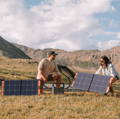
4. Avoid Pressure Washers
Pressure washers can be great for cleaning many things but not for your solar panels. The intense pressure can damage the surface and potentially dislodge the wiring and other components. This is even more critical for small solar panels where the components are closely packed and might be more delicate.
5. Wear Safety Gear
Always prioritize your safety when cleaning your solar panels. Slip-resistant shoes, safety goggles, and gloves are a must, especially if you're climbing onto a roof or using any kind of cleaning agent. Your safety is just as important as the cleanliness of your solar panels.
In summary, a clean solar panel is a more effective solar panel. This holds true for all types of solar installations, from large-scale setups to solar panels for small business applications and, of course, for small solar panels and mini solar panel systems. Following these guidelines will help ensure that you are harnessing the maximum amount of solar power possible while extending the lifespan of your investment.
Cleaning Requirements for Power Stations and Small Solar Panels in Various Weather Conditions
Maintaining your solar power systems is vital for optimal performance, especially in a country as climatically diverse as Australia. The weather conditions specific to your region can have a significant impact on how often and how rigorously you should clean your small solar panels or power stations. Here are some localized insights tailored for the Aussie context:
1. Hot and Dry Weather
Areas like the Australian Outback, where the climate is hot and arid, often face issues of dust and sand accumulation on solar panels. In such conditions, even small solar panels can become inefficient quickly if not cleaned regularly.
- Frequency: Given the amount of airborne dust, you might find yourself needing to clean your panels as frequently as once a week.
- Equipment: A soft brush is usually adequate for removing loose dust. If the grime is more stubborn, a moist sponge could be more effective.
- Precautions: Cleaning is best done either early in the morning or late in the a
2. Humid and Coastal Weather
For those living near the coasts like Sydney, Melbourne, or the Gold Coast, the challenges include salty deposits, bird droppings, and even potential mould growth due to humidity.
- Frequency: A monthly cleaning schedule might suffice for small solar panels in these climatic conditions.
- Equipment: Freshwater and a soft sponge usually do the trick. For salt and stubborn grime, a mild detergent that is safe for solar panels can be used.
- Precautions: Make sure to rinse off any soap residue thoroughly to avoid attracting more dirt and grime.
Jackery Solar Generator 2000 Pro - The Epitome of Easy Maintenance and High Performance

- Easy-to-Clean Design
- Smooth Surface:
- Portable and Accessible:
- Resilient Build:
- Integrated Design:
- Weather-resistant Construction:
- User-friendly Interface:
Prioritize Easy Cleaning for Optimal Solar Performance
Conclusion: Why Choose Jackery for Your Solar Needs?
Best-selling Jackery Solar Generator
PAGE CONTENTS
New Arrival
Hurry up! Sale ends once the timer hits zero

